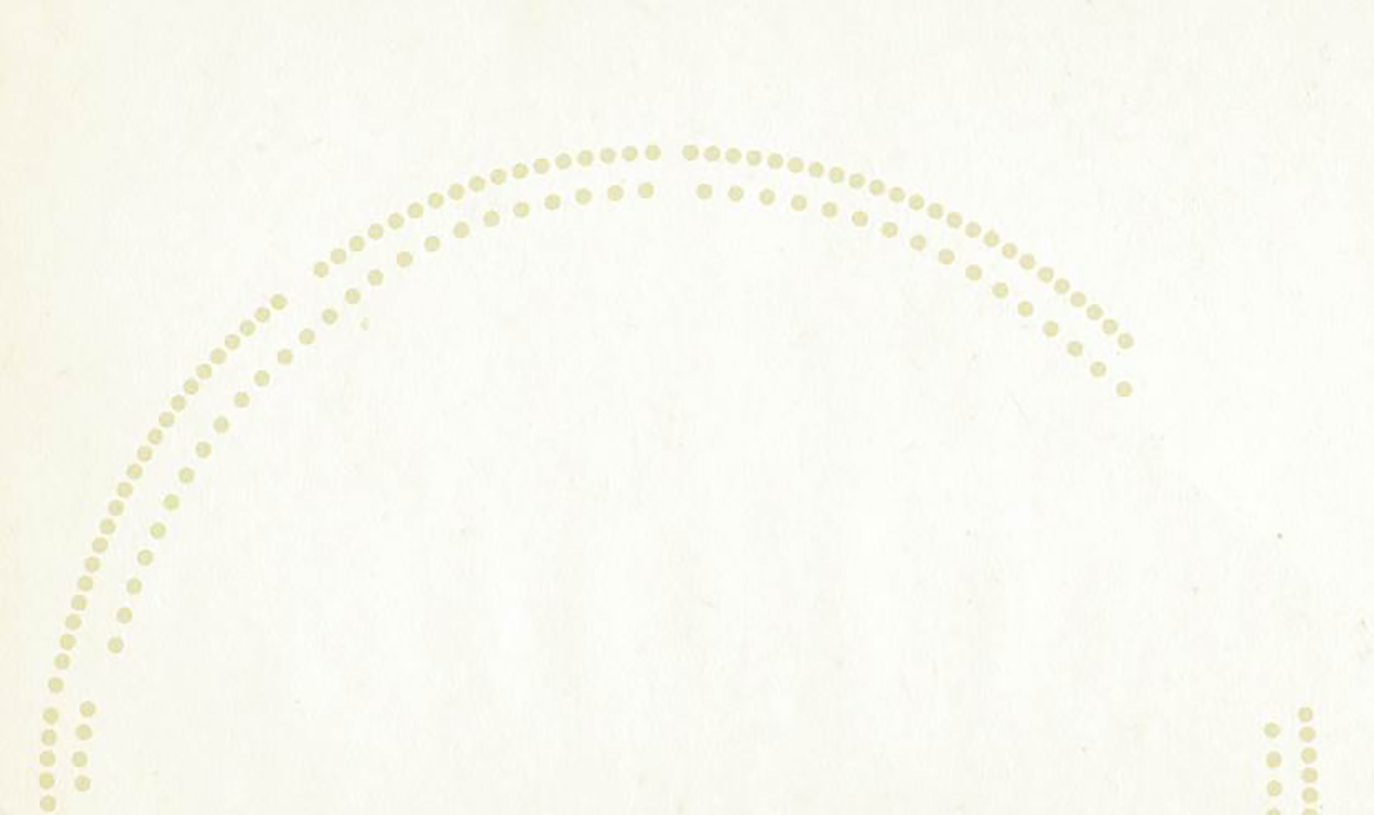February 10, 2017—Ottawa, Canada
A reported move by the new United States administration to issue an Executive Order and suspend Section 1502 of Dodd Frank has the potential to severely undermine years of progress to ensure minerals are not financing conflict or contributing to corruption.
The conflict minerals provision within the Dodd Frank Wall Street Reform and Consumer Protection Act forces companies to determine and disclose whether their products contain conflict minerals (tin, tantalum, tungsten and gold).
“Any suspension or repeal of Dodd Frank 1502 will significantly threaten efforts to promote conflict-free minerals and severely undermine years of work to ensure the revenue of these minerals brings lasting peace and sustainable development in the communities where they are mined,” said Joanne Lebert, Partnership Africa Canada’s Executive Director.
“The adoption of the conflict minerals law in 2010 requiring US-listed companies to undertake due diligence on their supply chain was a turning point and spurred governments in Africa to take action and address the issue of conflict minerals within their borders,” added Lebert.
Shortly after the Dodd Frank Act was passed, the International Conference on the Great Lakes Region (ICGLR), an intergovernmental organization of 12 countries, adopted six tools to address the trade of conflict minerals, including a Regional Certification Mechanism. The Mechanism allows for the sources of these minerals to be tracked, verified and certified as meeting regional and international standards, providing a means for companies to carry out and report on the due diligence they have undertaken, as required by Dodd Frank. The tools also address the root causes of the illegal exploitation of natural resources, including promoting the formalization of artisanal mining. The countries are in various stages of implementing all of the tools.
While the trend for clean supply chains has ‘left the station,’ with new conflict mineral laws being passed in Europe and the OECD Due Diligence Guidance being integrated into legal frameworks and policies around the globe, and increasingly becoming industry standard—the United States continues to lead by example.
“Putting in practices for responsible mineral supply chains is a test of political will in Africa. If the United States pulls out, not only will it be seriously jeopardizing political will, but it will send the signal to warlords and smugglers that the world is indifferent to corrupt, exploitative and possibly violent practices,” said Lebert.
Partnership Africa Canada is a technical partner to the ICGLR and has supported the development and implementation of the six tools to end the illegal trade of natural resources, including through capacity-building and training. The organization’s Just Gold pilot project is aiming to bring the first conflict-free, legal and traceable artisanal gold from Democratic Republic of Congo to international markets. PAC’s work in the Great Lakes region is funded by Global Affairs Canada.
-30-
Media Contact:
Zuzia Danielski
Communications Director, Partnership Africa Canada
+1-613-237-6768 ext. 10 / +1-613-263-0661
zdanielski@pacweb.org
Partnership Africa Canada (PAC) is a global leader in developing innovative approaches to strengthen natural resource governance in conflict and high-risk areas. For 30 years, PAC has collaborated with partners to promote policy dialogue and solutions for sustainable development—including through the establishment of the Kimberley Process, which earned PAC a Nobel Peace Prize nomination in 2003.

